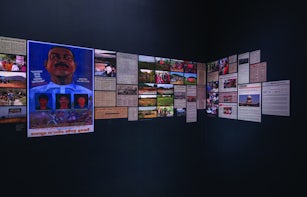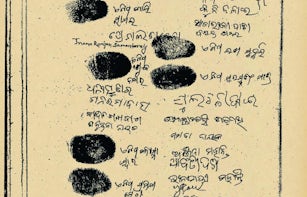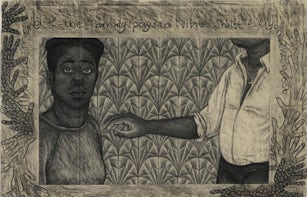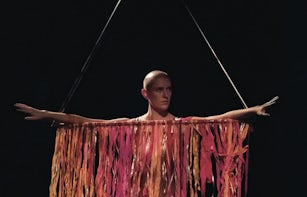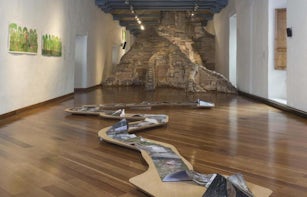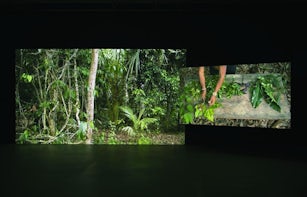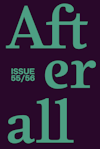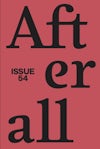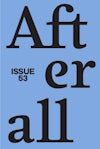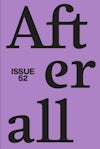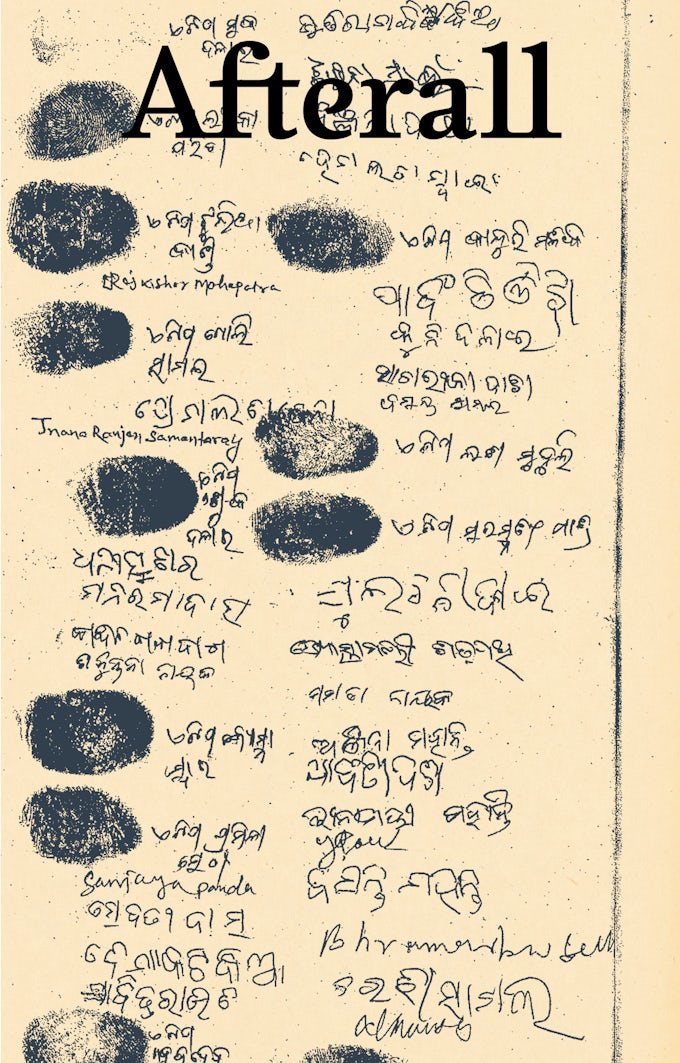
Issue 49
Spring/Summer 2020
Afterall is pleased to present issue 49, Spring/Summer 2020 – ‘Extractivism’ – which looks at a nexus of practices engaging with environmental issues and extractivist capitalism. In parallel, it covers alternative ways in which artists are occupying spaces of art, history or economics.
Editors: Ute Meta Bauer, Nav Haq, Mark Lewis, Adeena Mey.
Founding editors: Charles Esche, Mark Lewis.
Table of contents
Contextual Essays
- Artistic Economies: Shelter, Food and Clothing – Danielle Child
- In Memoriam: Peter Wollen – D.N. Rodowick
Artists
Amar Kanwar
- On ‘The Sovereign Forest’: Ute Meta Bauer & Anca Rujoiu in conversation with Amar Kanwar – Ute Meta Bauer & Anca Rujoiu
- Sovereign Forest – Usha Ramanathan
Sonia Boyce
- Sonia Boyce: Reclassifying Classification – Nizan Shaked
- From Representation to Collaboration (and Vice Versa): Antagonisms in Sonia Boyce’s Participatory Projects – Cayo Honorato
siren eun young jung
- Anomalous Tradition, Queer Enchantment: On the Work of siren eun young jung – Hyunjin Kim
- Acts of Affect: siren eun young jung’s Yeoseong Gukgeuk Project – Ashley Chang
Cooking Sections
Events, Works, Exhibitions
Foreword
Written by Charles Stankievech
It has been almost five years since the first Afterall editorial meeting was conducted in Toronto, Canada, which in turn instigated a roundtable and subsequent symposium on the question of the ‘Global Indigenous?’. Since that time, the art world’s discourse has been supercharged with two concerns: a cyclical resurgence of identity politics and an acute assessment of the environmental crisis. To list the global events and movements that have pierced any sense of normalcy in the last five years would feel both banal, given the ubiquity of such lists, and dislocating, given the speed of these developments. We exist in a state of permanent urgency that risks giving way to burnout. At the time of writing (early March 2020), a novel virus is disrupting – on a truly global and unprecedented scale – political orders, economic growth and public life. In the emerging emergency, perhaps there arises a space for an unlikely solidarity where we pause and assess the most basic issues – not as abstract issues, but existentially touching ones – as biennials are postponed, exhibitions emptied, travel plans suspended and lectures cancelled. These disruptions are merely the beginning for a reality that will affect everyone, much like the ecological crisis but with a speed that propels a different politics. A contemporary world predicated on hyper-exchange is facing a quick reality check. The precarity of our global logistical chains asks us to consider what in our exchanges is really necessary, what is ‘healthy’? What freedoms are we willing to surrender for the greater good? All of this, instigated by a microscopic cross-over from non-human to human via the act of eating, has subsequently exploded into speculative behaviour of fear. How will we weather the test to our values in such states of exemption, and will we realise how deeply inconsistent and superficial our beliefs are on such issues, say, as migration – in all its forms?
While the nebulous theme for this issue revolves around exchange, say in the intersubjective performances of Sonia Boyce and siren eun young jung, the most continuous thread winding through it follows the clash between different communities’ use of territory – clashes over the sanctity of forests, the flow of rivers or the surrounding sea. The issue opens with a conversation between Amar Kanwar and Afterall editor Ute Meta Bauer with Anca Rujoiu, reflecting on Kanwar’s decade-long project The Sovereign Forest (2012–ongoing), a collaborative project in India with Sudhir Pattnaik/Samadrusti and Sherna Dastur that has sustained a creative look at the intersection of ‘crime, politics, human rights and ecology’. Similar concerns are continued in Macarena Gómez-Barris’s text on the installation Forest Law (2014) by Ursula Biemann and Paulo Tavares, which contextualises the work alongside other South American works confronting ‘frontier capitalism’, while referencing Michel Serres’s seminal The Natural Contract (1990), a text that proposes ‘the emergence of nature as a social, legal and ethical agent, challenging and complementing Rousseau’s idea of the social contract’. Flowing through these forests, great tributaries connect the most remote communities to the rest of the world. The question of who owns and has the right to land is already thorny enough, but the flow of water presents even more complicated conflicts. In writing about Carolina Caycedo’s ongoing project Be Dammed, Lisa Blackmore points out the fact that two thirds of the earth’s rivers are hydro-engineered, and that our constructed dams are such megaprojects they have tilted the rotation of the planet. Blackmore continues by drawing on the philosophy of food sovereigntist Vandana Shiva, who has argued for ‘“ecological democracy”, where all life, not just human life, has its rightful share in the planet’s water’.
Purchase
The publication is available for purchase. If you would like specific articles only, it is also available individually and to be downloaded as PDFs.
Purchase full publication
Buy via University of Chicago Press
Buy via Central Books
Purchase individual articles
Buy via University of Chicago Press


